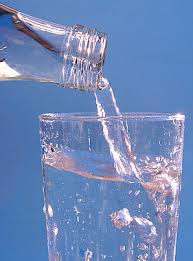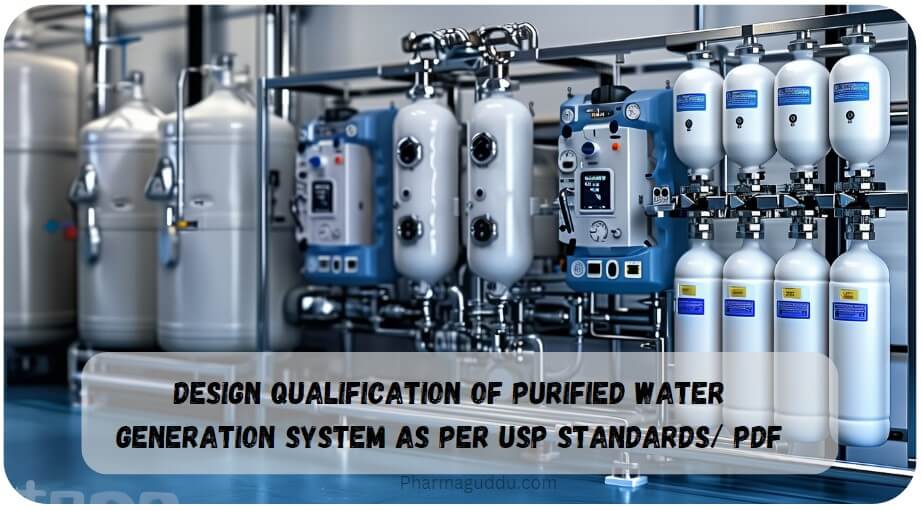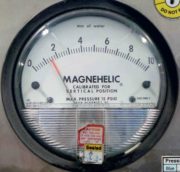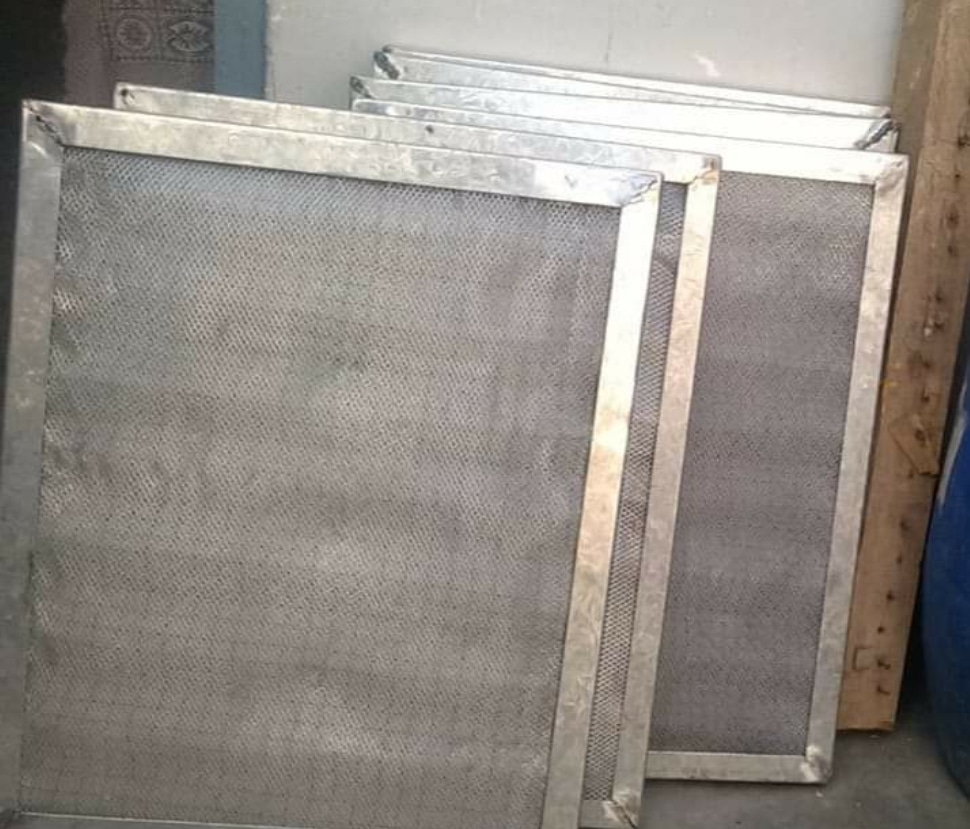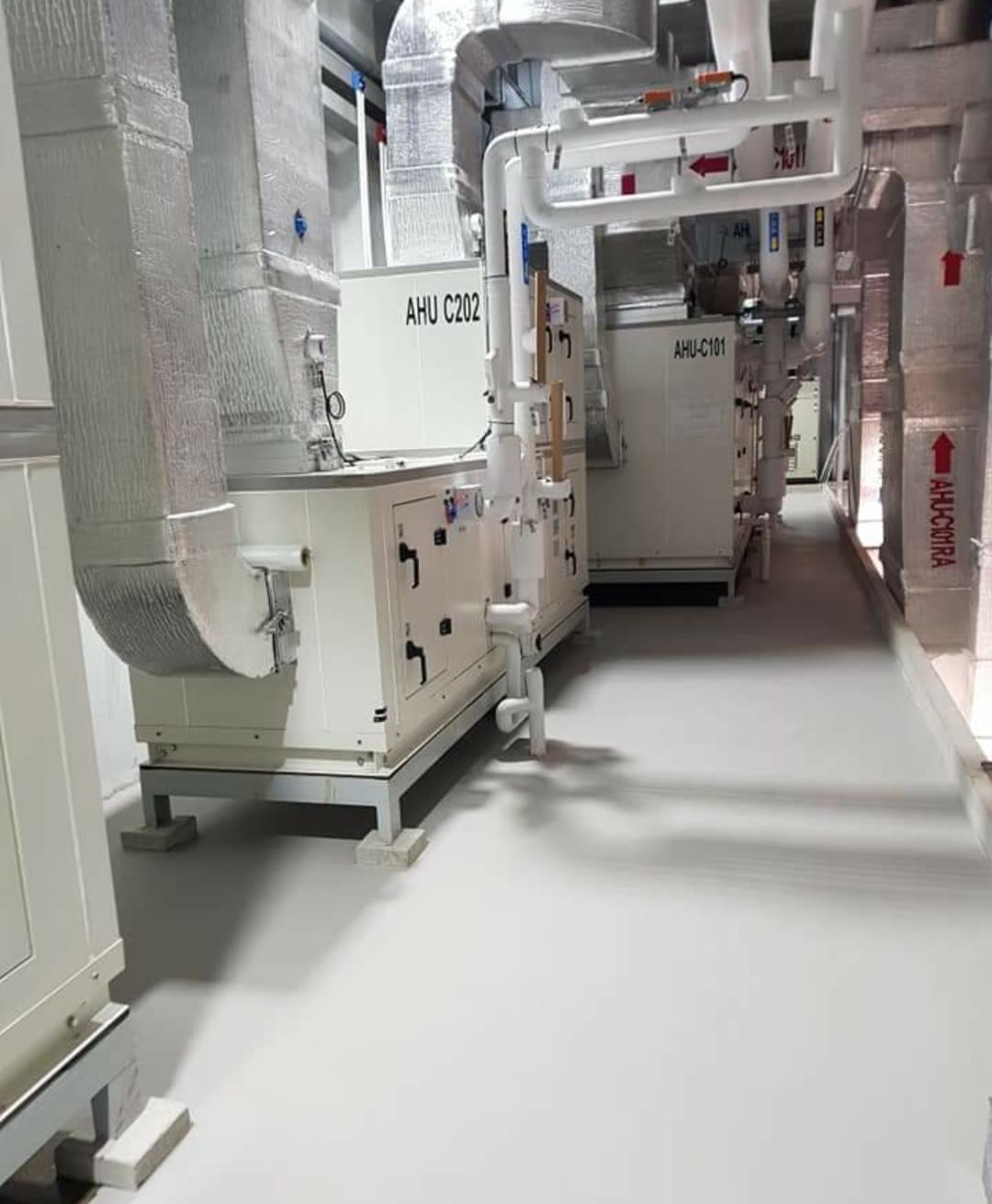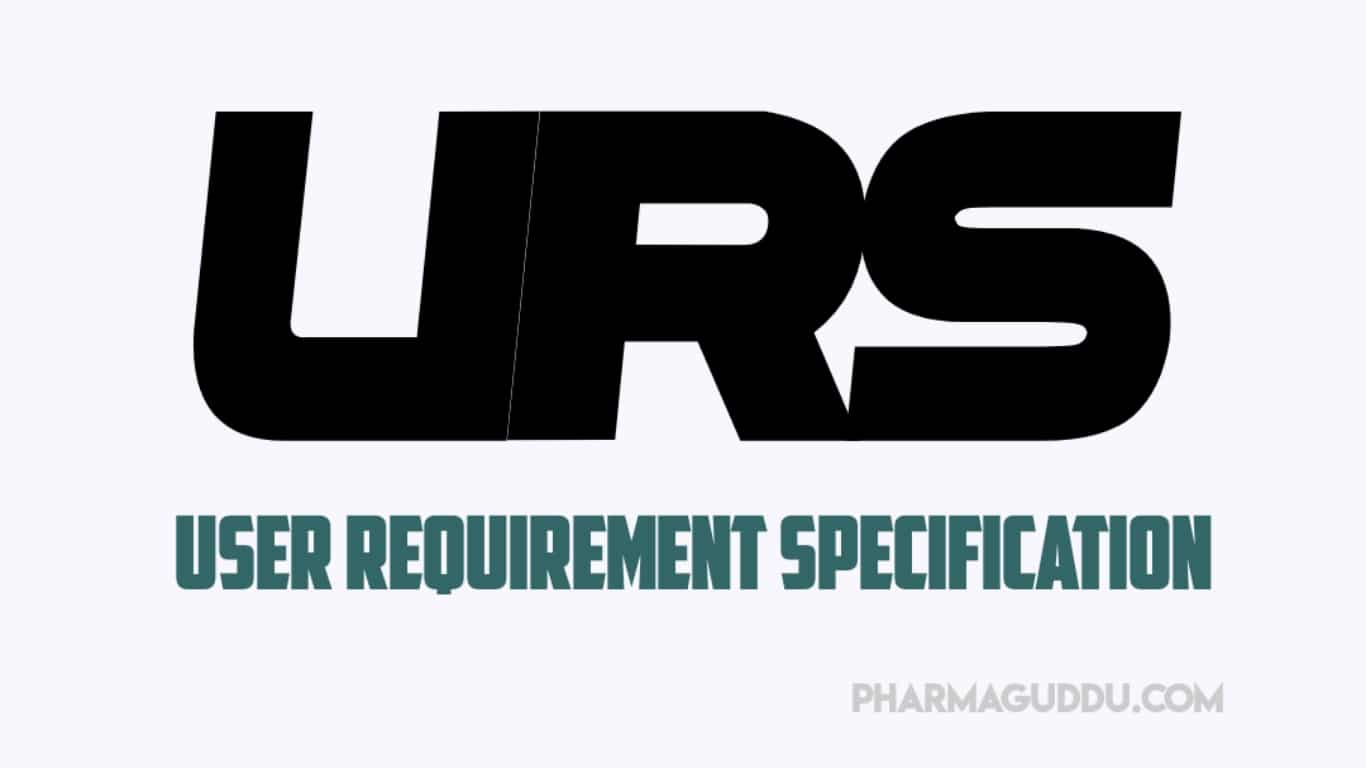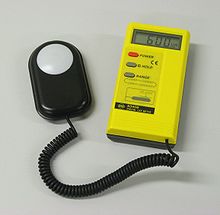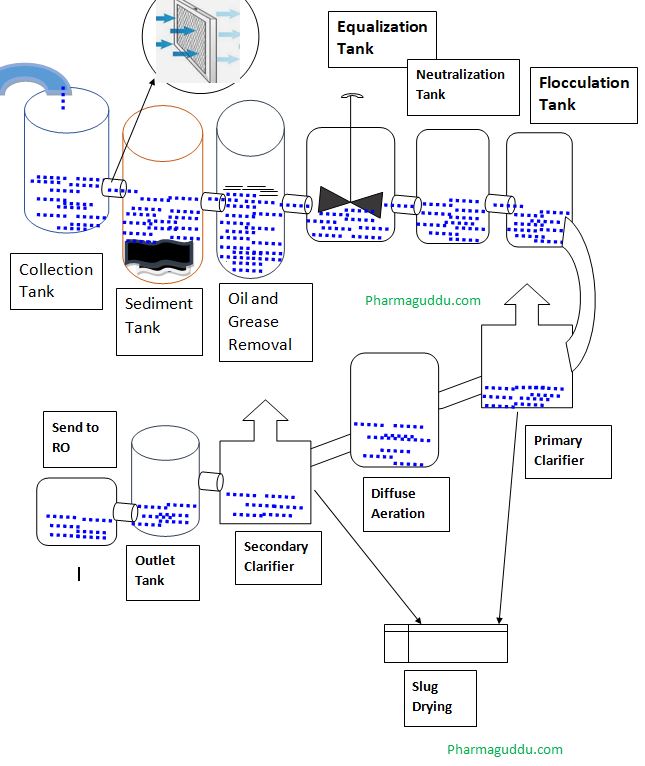Types of Water in Pharmaceutical, Usage and Technique to Prepare
Water is widely used in pharmaceuticals as an ingredient, solvent for processing, analytical reagent, and in the manufacturing of pharmaceutical products. So, according to pharmacopeia, different types of water are recommended as per the official book and chapter <1231>. Note: Information in this article doesn’t change the existing guidelines and regulations. It helps users understand … Read more

